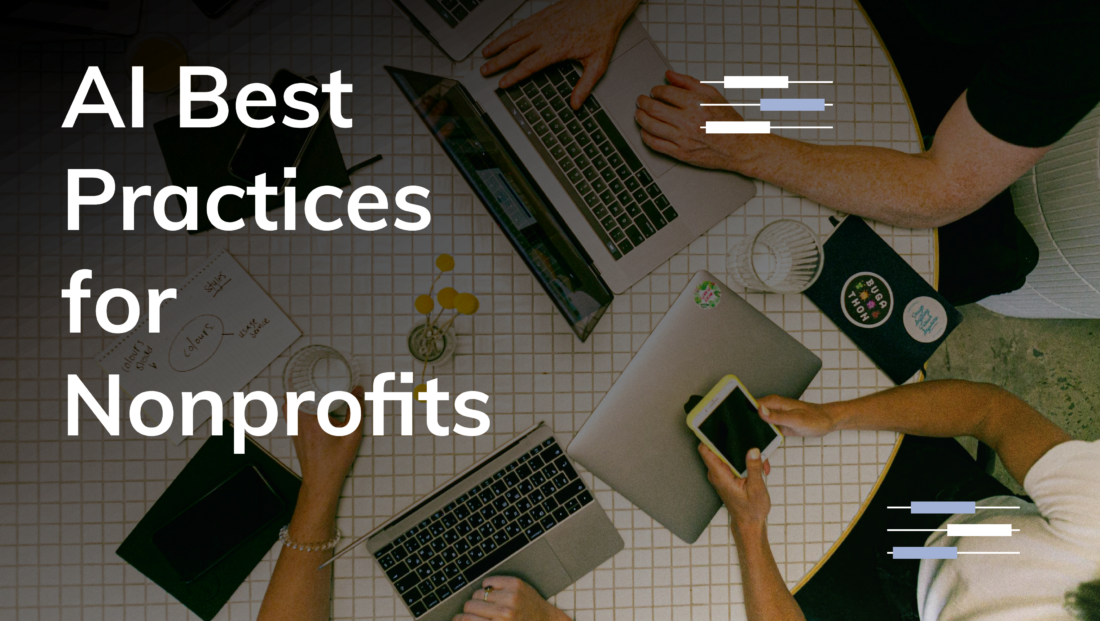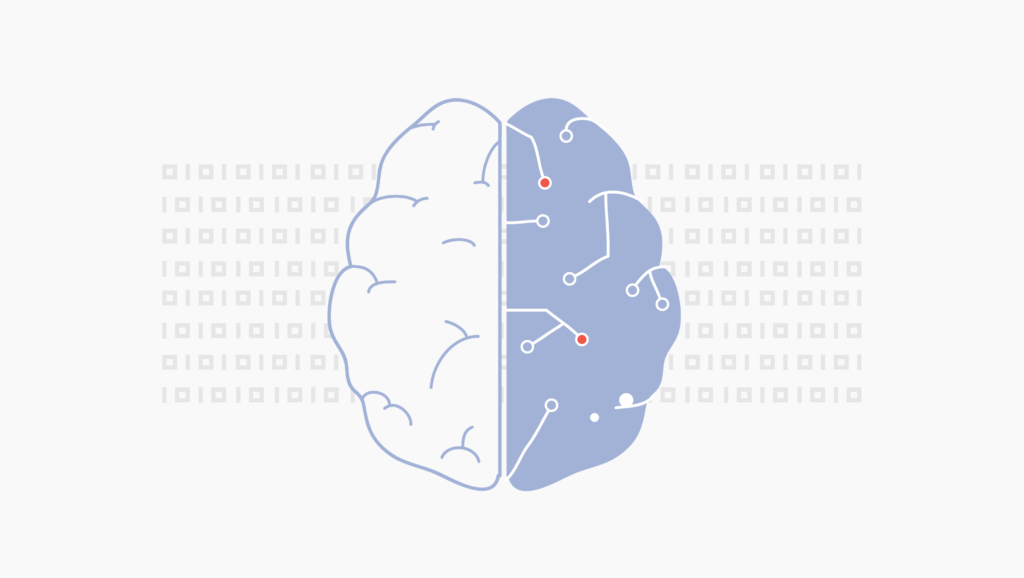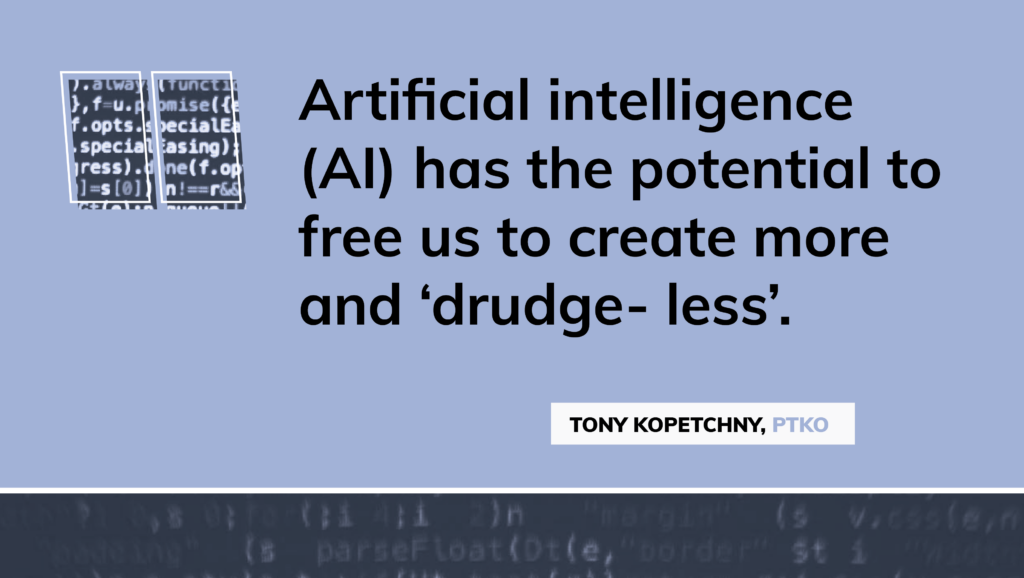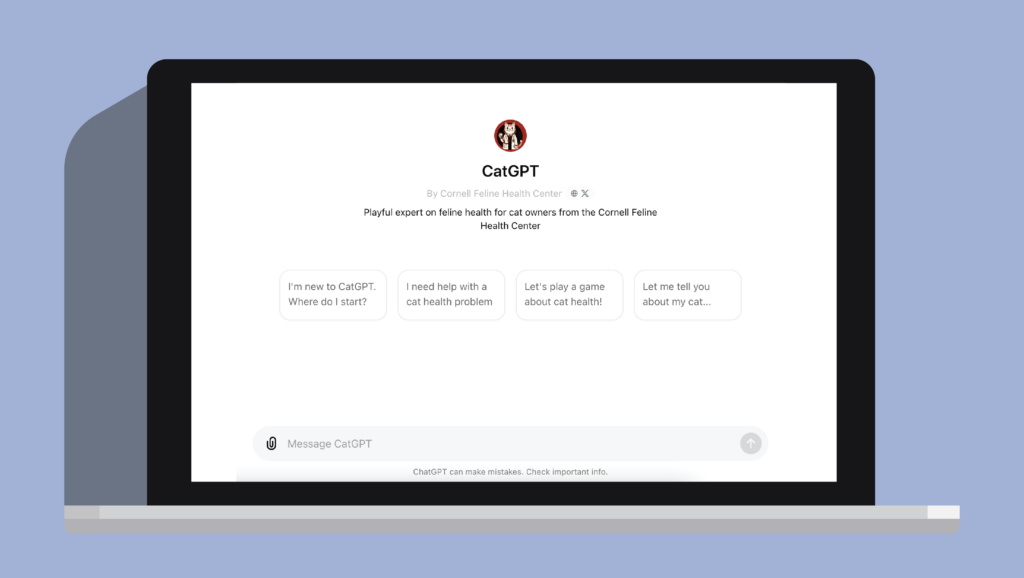
AI Best Practices for Nonprofits
Understanding Artificial Intelligence
What is Artificial Intelligence?
Lately, there has been a lot of buzz about artificial intelligence (AI) and its role in our society. Organizations everywhere, including nonprofits, are asking how AI can be used to improve what they do. Many of these want to learn how AI can help them with daily tasks, from data management to AI fundraising to marketing. When you have the right AI tools to minimize busy work and optimize your nonprofit’s operations, your team will have more time to focus on the essential nonprofit work that will always need a human touch.
Let’s start with the basics: What is AI?
Artificial intelligence (AI) is the ability of a machine to “think” like a human and perform tasks like recognizing patterns, processing information, and making recommendations. AI encompasses a variety of technologies, including machine learning, natural language processing, and robotics.
What is Machine Learning?
Machine learning (ML) is the process of how an AI tool develops its intelligence. An AI tool can get smarter over time. For example, the more you use a social media platform like Instagram, the better the tool’s AI capabilities will be in predicting what types of content you want to see. AI works by combining large amounts of data and carefully curated algorithms—which give the AI tool its instructions for completing the task.

AI in the Nonprofit Sector
The Role of AI in Nonprofits
AI plays a transformative role in the nonprofit sector by enhancing efficiency, improving decision-making, and expanding the reach of services. Nonprofits can leverage AI to streamline operations, optimize resource allocation, and enhance the impact of their programs.
Real-Life Uses of AI for Nonprofits
- Donor Engagement: AI can personalize communications and predict future donations by analyzing donor data.
- Fundraising: AI can optimize a nonprofit’s fundraising strategies by predicting donor behavior and identifying potential high-value donors.
- Volunteer Management: AI can match volunteers with opportunities that align with their skills and interests.
- Operational Efficiency: AI can automate administrative tasks such as scheduling meetings, sending internal and external reminders, and reviewing donor profiles, which frees up staff to focus on mission-critical activities.

Responsible AI Implementation
AI isn’t going anywhere, so in order for organizations to use it effectively, guardrails need to be put in place. The Fundarising.AI collaborative is one example of a Responsible AI Framework that helps to define responsible use for nonprofits clearly. Every organization should create an AI Usage Policy. This may include defining clear objectives by identifying the specific goals you want to achieve with AI and covering areas such as privacy and security, data ethics, transparency, collaboration, and inclusiveness.
AI Tools for Nonprofits
There are already numerous AI tools that can assist nonprofits in various areas, such as donor management and marketing, as well as assistance with data-driven decisions. Some of these tools include:
- OpenAI for Nonprofits: ChatGPT can help draft grant proposals, refine data analysis, or tailor communication strategies for diverse audiences.
- Salesforce Nonprofit Cloud: This CRM platform offers AI-driven insights to help nonprofits manage donor relationships, track fundraising efforts, and optimize outreach strategies.
- Bloomerang: This tool helps nonprofits retain donors by analyzing engagement patterns and suggesting personalized communication strategies.
- Tableau: This data visualization tool uses AI to help nonprofits analyze complex data sets, identify trends, and make data-driven decisions.
- HubSpot: This marketing automation tool uses AI to help nonprofits create targeted marketing campaigns, track engagement, and optimize their outreach efforts.
- Mailchimp: This email marketing service uses AI to personalize email campaigns, predict optimal send times, and segment audiences for better engagement.
- Rally Starter: This platform uses AI to help nonprofits efficiently create advocacy campaigns to engage supporters and create real impact.
- Zendesk: This customer service platform employs AI to manage and respond to inquiries, improving volunteer and donor support.
- Intercom: This AI-powered chatbot tool helps nonprofits engage with website visitors, answer common questions, and provide support in real time.
- DonorSearch: This tool uses AI to analyze donor data and identify potential high-value donors, helping nonprofits focus their fundraising efforts more effectively.
- Hootsuite: This social media management tool leverages AI to schedule posts, track engagement, and analyze social media performance.
Best Practices for AI Implementation
AI presents new possibilities to nonprofits, but it also introduces new risks, like data management and privacy. Nonprofits must adopt a conscientious approach to data governance and ensure that their use of AI aligns with data privacy to maintain the public’s trust. Some AI best practices for nonprofits include:
- Selecting the right AI tools
- Training staff and providing clear frameworks and policies
- Ensuring high-quality and inclusive data
- Emphasizing transparency and accountability
- Conducting regular audits
- Maintaining human oversight
- Practicing data hygiene
- Avoiding plagiarism and copyright infringement
Powering Fundraising with AI
AI can revolutionize fundraising efforts for nonprofits in various impactful ways, including:
- Donor Segmentation: AI can analyze vast amounts of donor data to identify patterns and segment donors based on their behavior, preferences, and giving history. This allows nonprofits to tailor their outreach efforts to different donor groups, increasing the chances of successful engagements.
- Personalized Communication: AI can personalize communication with donors by analyzing their past interactions and preferences. This ensures that each donor receives relevant and personalized messages.
- Automated Fundraising Campaigns: AI can automate various aspects of fundraising campaigns, from sending personalized emails to managing social media posts. This reduces the manual workload on staff and ensures consistent and timely communication with donors.
- Streamlined Data Management: AI can automate data entry and management tasks, ensuring that donor information is always up-to-date and accurate. This allows nonprofits to focus on strategic decision-making rather than administrative tasks.
- Grant Writing Assistance: AI can assist in writing grant proposals by analyzing successful grant applications and providing insights on structuring and presenting the proposal. This increases the chances of securing funding from foundations and other grant-making organizations.
- AI-Powered Chatbots: AI chatbots can engage with potential donors on a nonprofit’s website, answering questions, providing information, and guiding them through the donation process. This ensures a seamless and responsive donor experience.
Examples of Using AI for Nonprofit Marketing

Cornell Feline Health Center
In collaboration with Cornell Feline Health Center (CFHC), we launched CatGPT, a chatbot that enables cat owners to ask questions about their cats and get credible, science-based information in a novel way. CFHC supports basic and clinical research on feline health and educates cat owners and vets using authoritative information through its website, newsletter, consultation service, and more. Their staff hopes that CatGPT will help connect them with a new, younger audience and provide them with insights that will be useful to Cornell’s broader approach to AI.
Rally Starter
Media Cause’s advocacy tool, Rally Starter, created Rallybot—a digital assistant designed to help nonprofits and activists create impactful advocacy campaigns. Rallybot uses AI and advocacy best practices to transform any issue into a powerful campaign with actions such as contacting decision-makers, signing petitions, donating and more.
Mastering Ethical AI Practices
- Bias Mitigation: Regularly audit AI systems to identify and correct any biases. This includes examining the data used to train AI models to ensure they represent diverse perspectives and populations.
- Transparency: Clearly communicate how AI systems make decisions and the data they use. Nonprofits should provide stakeholders with information about the AI tools they use and their implications.
- Data Privacy: Nonprofits should prioritize the privacy and security of donor and beneficiary data.
- Ethical Guidelines: Develop a set of guidelines for AI usage that reflect the nonprofit’s values and mission.
- Human Oversight: Humans should still review and validate critical AI-driven decisions, particularly those that impact individuals or communities.
Conclusion:
AI has the potential to enhance nonprofits’ impact and efficiency. By responsibly implementing best practices, nonprofits can leverage this powerful new technology to drive their missions forward, improve donor engagement, and optimize their programs. Subscribe to our newsletter to learn more tools and strategies to optimize your nonprofit’s operations. Looking for hands-on help? Explore our services to learn how partnering with Media Cause can help you expand your nonprofit’s reach and realize its mission!